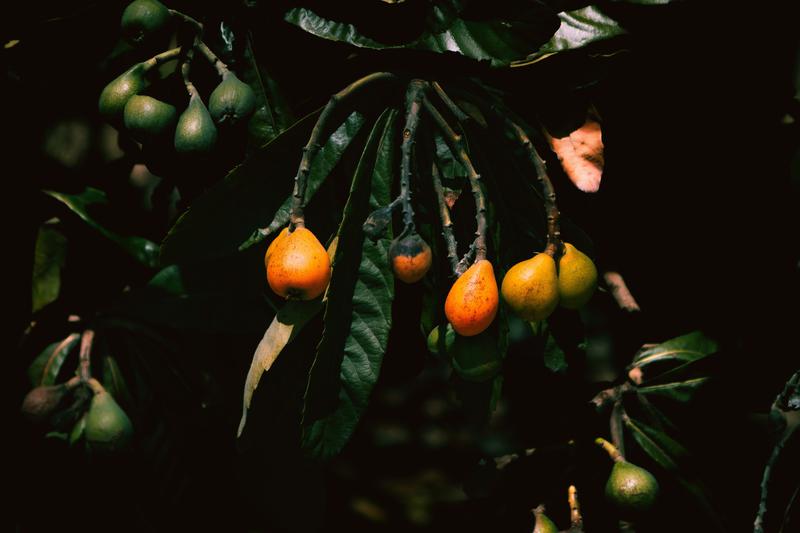by Allisa Cherry
August 1, 2023
Allisa Cherry grew up in a rural community in an irradiated desert in the southwest of the United States. She has since relocated to the Pacific Northwest where she teaches workshops for immigrants and refugees transitioning to a life in the US and recently received her MFA from Pacific University. Her poetry has received Pushcart and Best of the Net nominations and can be found in High Desert Journal, The Maine Review and Rust + Moth among others.
The Kingdom of Surfaces by Sally Wen Mao; Graywolf Press; 136 pgs; $16.00
Sally Wen Mao’s third full collection, The Kingdom of Surfaces, is an example of how poetry at its best can set a historical record straight and hold its unreliable narrators accountable. Moving deftly between mythology, popular culture, historical data, and the speaker’s inner thoughts, Mao’s writing is finely tuned and her poems wide-ranging. Her brilliant timing engages the reader and holds their attention while she lays bare the many ways beauty has been stolen, commodified and politicized.
Divided into three sections, The Kingdom of Surfaces is artfully stitched together by shared objects and ideas as the book wends its way through the topics of looted artifacts, the building of the transcontinental railroad, cultured pearls, the opium wars, and an increasing violence against Asian people during and since the Covid 19 pandemic. The fulcrum of the collection is its longest and most ambitious poem, the titular “The Kingdom of Surfaces,” in which the speaker moves through the Spring 2015 exhibition China: Through the Looking Glass in an alternate Metropolitan Museum of Art. Fantastic, surreal, (think Alice in Wonderland), the speaker’s identity dissolves and reforms even as the reader is guided through each section of the poem by epigraphs pulled from spectacularly tone-deaf placards, each insisting upon a positive narrative about the creative symbiosis between the East and the West. The epigraphs create a stark contrast for the poem’s illumination of the injustices perpetrated by the West as it appropriated goods, labor, trade, and cultural autonomy, while constructing a fetishistic fantasy about Chinese culture itself. This exhibition–and what it fails to address–is the physical and psychological terrain at the center of the book.
Over the course of the The Kingdom of Surfaces, Mao illustrates how much devastation and oppression happens in the pursuit of defining and controlling what is beautiful. Much like the porcelain, silk, and pearls discussed in these poems, women are reduced to the status of object beneath the male gaze. In “American Loneliness,” Mao writes “Three hundred seventy days into the pandemic, another massacre takes place in Atlanta. // The killer was a white man whose sex addiction made him view Asian women as ‘temptations’ which, according to him, ‘wasn’t a race thing’.” Throughout this book, beauty intersects with dominion and violence and is understood to be political. What is beautiful in Mao’s writing, is often imperiled, abused, or plunderable. Take, for example, the poem “On Majolica” which appears to be an exploration of the provenance of a glazed tinware containing many plain, almost dryly, stated facts until the reader arrives at lead-poisoning deaths of young women working in the majolica factories so that the affluent can have the most beautiful, recent things. This poem turns on this intense insight: “all this awe, a reliquary, unable to contain/ its human blood,” an observation that might apply to any number of the objects explored throughout the collection.
Throughout this work, the image of the chimera rises again and again. In one of its more unique gestures, the book contains a long composition called “On Porcelain” that is itself a chimera–a sort of hybrid lyrical essay/concrete poem/historical reckoning–in which each section takes the shape of a porcelain vase and is placed intermittently throughout the text like objects in a museum. "On Porcelain" is a wonder. From its sucker punch opening line “White fragility is priceless to the empire,” it uses the story of porcelain to interrogate European imperialism, the Western idea of beauty, the connection between Black and Asian people in matters of social justice, and the cultural stereotypes that incite violence against Asian women. The momentum generated by the information in this poem is a relentless pounding of historical and modern connections until, as if inured by the poem's own white-hot heat, we arrive at these striking final lines, "To vitrify is to transform / we become the Chimera forged in fire / Sum of a long summer / Long simmer / Long rage / Dear Chimera / Tonight we dream."
Mao has been described as a research-focused writer, and it is true that The Kingdom of Surfaces is freighted with historical and scientific detail. Yet these poems are never flat or pedantic because the facts are filtered through and illuminated by their speaker’s fantastic interiority. In The Kingdom of Surfaces, Sally Wen Mao’s research, insight, and skill as a poet has culminated in a powerful collection that interrogates the received history of two cultures, inextricably linked. Through poems of profound complexity, in the blending of factual accounts with the sometimes surreal, often sublime, imaginings of the speaker, a finely wrought structure of proof and interrogation, vulnerability, power and, especially, of beauty emerges. The book itself becomes the vessel, complex and strange, yet strong enough to contain all the evidence required to hold history accountable.
©2023 Iron Oak Editions LLC
__________________________________________________________________________________________________________________________________________________________________________
__________________________________________________________________________________________________________________________________________________________________________
__________________________________________________________________________________________________________________________________________________________________________
__________________________________________________________________________________________________________________________________________________________________________
__________________________________________________________________________________________________________________________________________________________________________
Beauty Is Political in Sally Wen Mao's The Kingdom of Surfaces
POETRY REVIEW
Stay Connected to Our Literary Community. Subscribe to Our Newsletter
Image by Parker Sturdivant from Unsplash




